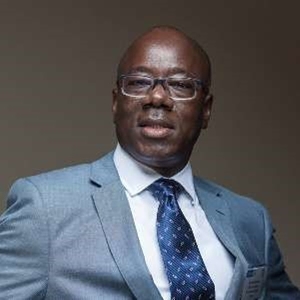The Executive Director of the African Center for Parliamentary Affairs (ACEPA), Dr. Rasheed Draman, has expressed deep concern about the increasing prevalence of vote-buying by politicians during elections, highlighting its detrimental impact on democracy.
According to Dr. Draman, vote buying, a practice where electoral contestants employ monetary or other incentives to sway voters in their favour, has become a worrisome trend.
He lamented the trend of individuals with substantial financial resources winning over voters, sidelining experienced and competent candidates, a development he believes poses a significant threat to the democratic process.
In an interview on the January 29 edition of Ghana Tonight on TV3 Dr. Draman stated, "I can tell you on authority that some of the people who have decided not to contest, some of them lament that those who have come with big moneys to replace them are people who perhaps are ill-prepared, with very little education to go into parliament. You get them in there, and certainly, quality is going to be affected."
He pointed out the potential repercussions of this trend, including the challenges faced by new Members of Parliament (MPs) in adapting to their roles, often resulting in difficulties maintaining a quorum during parliamentary sessions.
Dr. Draman emphasized the lack of regular induction and preparation for new entrants into Parliament as a complicating factor.
He further warned of a possible infiltration of illegitimate funds into the democratic system.
The ACEPA director urged authorities to investigate the funding sources behind financially endowed individuals entering politics and the potential national security implications of such scenarios.
“If nothing is done, I think in the next two cycles of our election, we are going to have a big crisis on our hands. Because, those who have money are going to line up to go into parliament. It is going to be like a buffet and experienced MPs who don’t have fat wallets are going to continue to get pushed out. That’s not going to be good for our democracy and even the national security implication of that.
"All these people who have money and are pushing experienced MPS out, where are they getting the money from? Who is funding them? What is the interest of all these people who are providing them with funding? We need to interrogate all these and the implications of that on the quality of our democracy.”
NAY/OGB
General News of Wednesday, 31 January 2024
Source: www.ghanaweb.com

















